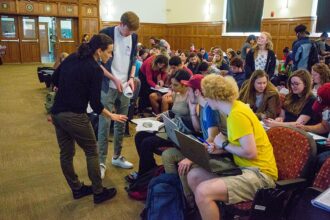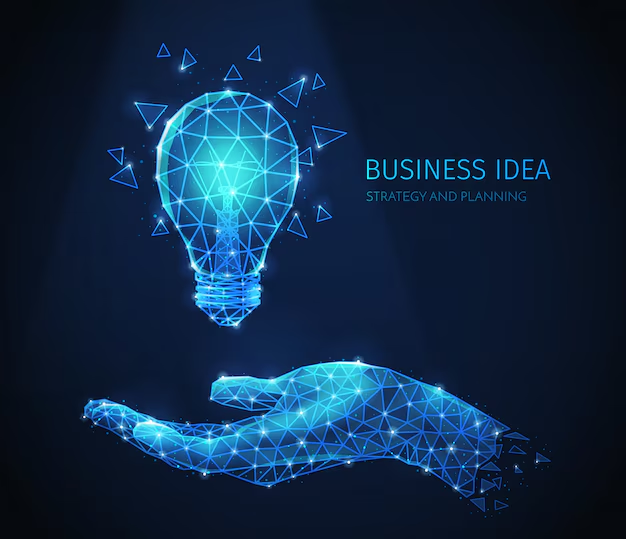Here are 5 innovative technology ideas:
- AI-Powered Personalized Learning: Create an AI-driven platform that tailors education to each student’s unique learning style and pace is a transformative approach that leverages artificial intelligence to tailor educational experiences to the unique needs and learning styles of individual students. By analyzing vast amounts of student data, AI algorithms can identify strengths, weaknesses, and learning preferences, enabling educators to provide highly customized instruction.
- Blockchain for Supply Chain Transparency: Implement blockchain technology to track the origin and journey of products, ensuring transparency and reducing fraud A Revolution in Trust revolutionizing the way we track and verify the journey of products, from raw materials to the final consumer. By creating a decentralized and immutable digital ledger, blockchain offers unparalleled transparency and security in supply chain operations.
- IoT-Enabled Smart Cities: Develop smart cities that use IoT devices to optimize traffic, energy consumption, and waste management.technology is transforming urban landscapes into intelligent and sustainable ecosystems. IoT-enabled smart cities leverage interconnected devices and sensors to collect and analyze real-time data, leading to improved efficiency, sustainability, and quality of life.
- Augmented Reality for Immersive Learning: Utilize AR to create interactive and engaging learning experiences, from virtual field trips to hands-on simulations.revolutionizing the way we learn and interact with information. By overlaying digital information onto the real world, AR creates immersive and engaging learning experiences.
- Quantum Computing for Breakthrough Discoveries: Harness the power of quantum computing to solve complex problems and accelerate scientific advancements.revolutionary technology that leverages the principles of quantum mechanics to perform computations at unprecedented speeds. Unlike classical computers, which use bits to represent information as 0s or 1s, quantum computers use qubits, which can exist in multiple states simultaneously, enabling them to solve complex problems that are intractable for classical computers.





